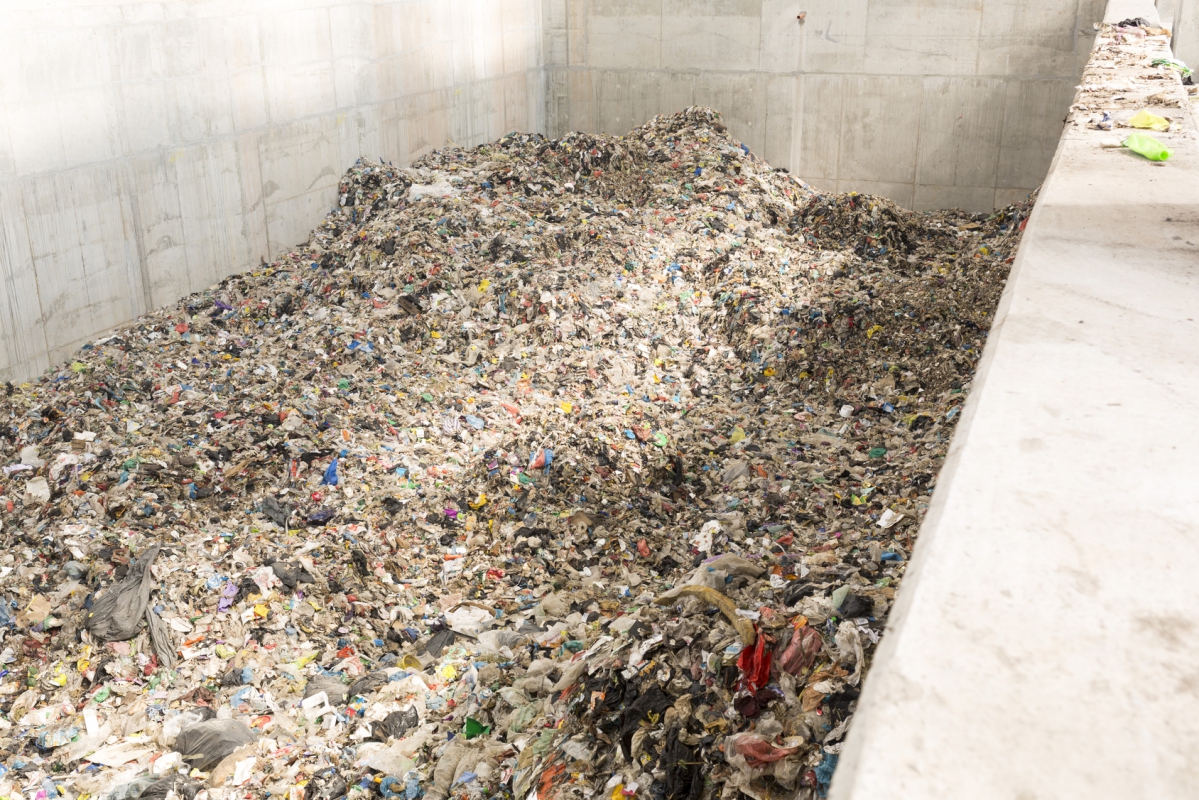- Home
- Engineering
- Alternative Fuels RDF
Alternative Fuels RDF
Alternative Fuels RDF (Refuse Derived Fuels)
Alternative Fuels RDF (Refuse Derived Fuels)
ALTERNATIVE FUELS, or sometimes referred to as SECONDARY FUELS, are one of the main issues of modern cement production.
Firing waste materials of any kind with calorific burning value began in Europe and Japan during the mid of 1980s and meanwhile the entire world, including developing countries, is placing great emphasis on this matter. The idea that nearly all kinds of waste can be utilized as substitutes for fossil fuels in modern cement kilns without negative environmental impact, while at the same time preserving natural fossil fuel resources, triggered a worldwide “revolution” in the cement industry.
Actually, firing of alternative fuels in cement kilns is environmentally far superior to conventional waste incineration or – worst of all – deposition or land-filling. The combustion with flame temperatures of > 1,600° C makes emissions practically free of hazardous components (e.g. Dioxin) which are a major hurdle in the conventional waste incineration process. The fact that the cement plant replaces fossil fuels with waste fuels, which otherwise would be incinerated conventionally, results in overall lower CO2 emissions.
Today the list of possible alternative fuels is nearly infinite. Most common are Domestic Waste (Municipal Solid Waste, MSW, RDF), Plastic Waste, Car Tires, Waste Wood, Rice Husk, Sewage Sludge, Animal Meal, Waste Oil and Solvents.
Read more about our experience and our solutions.
-
Ansprechpartner
-
Ansprechpartner




